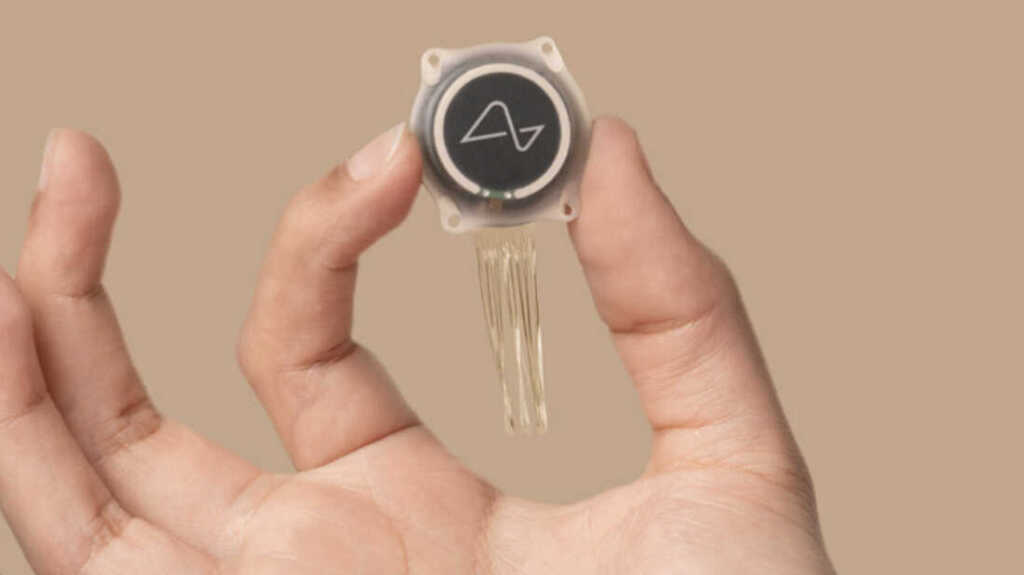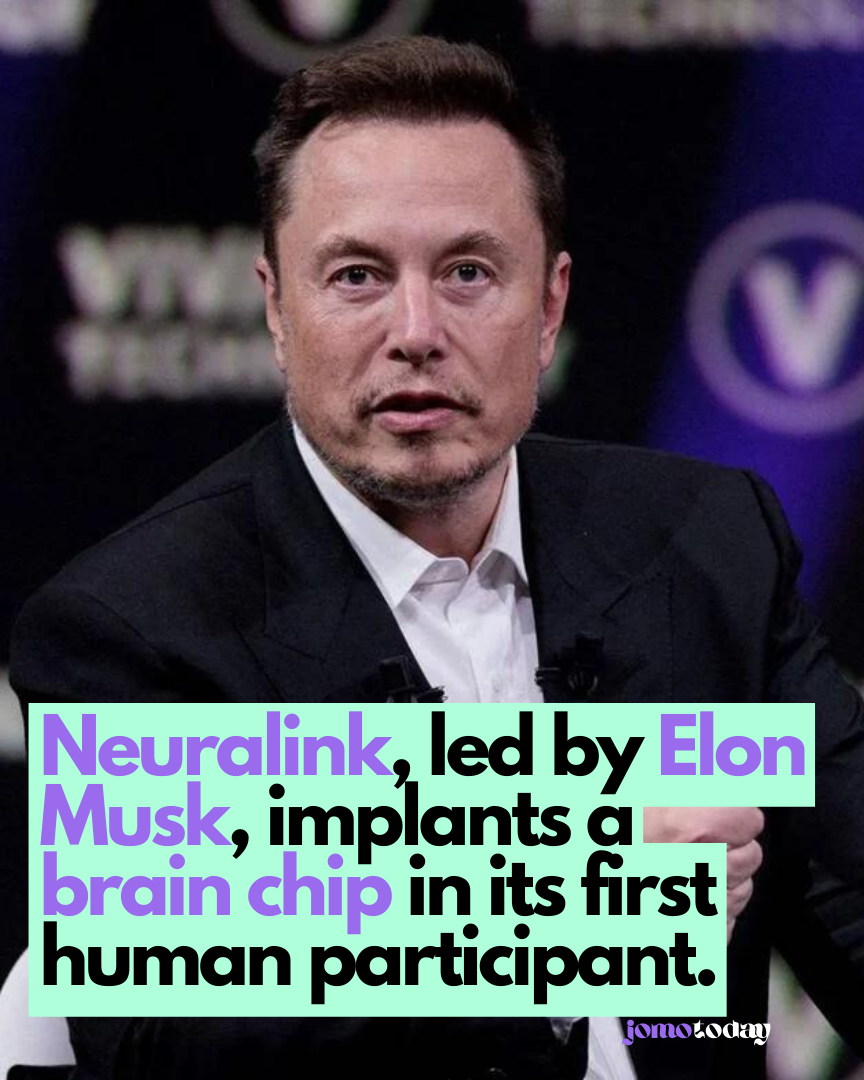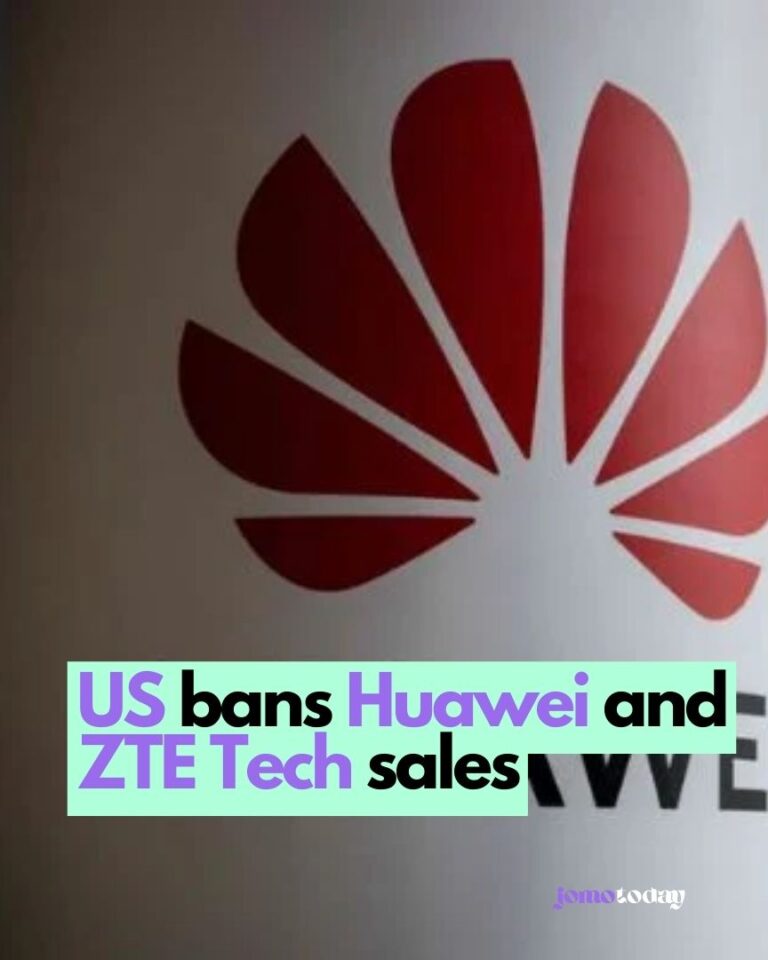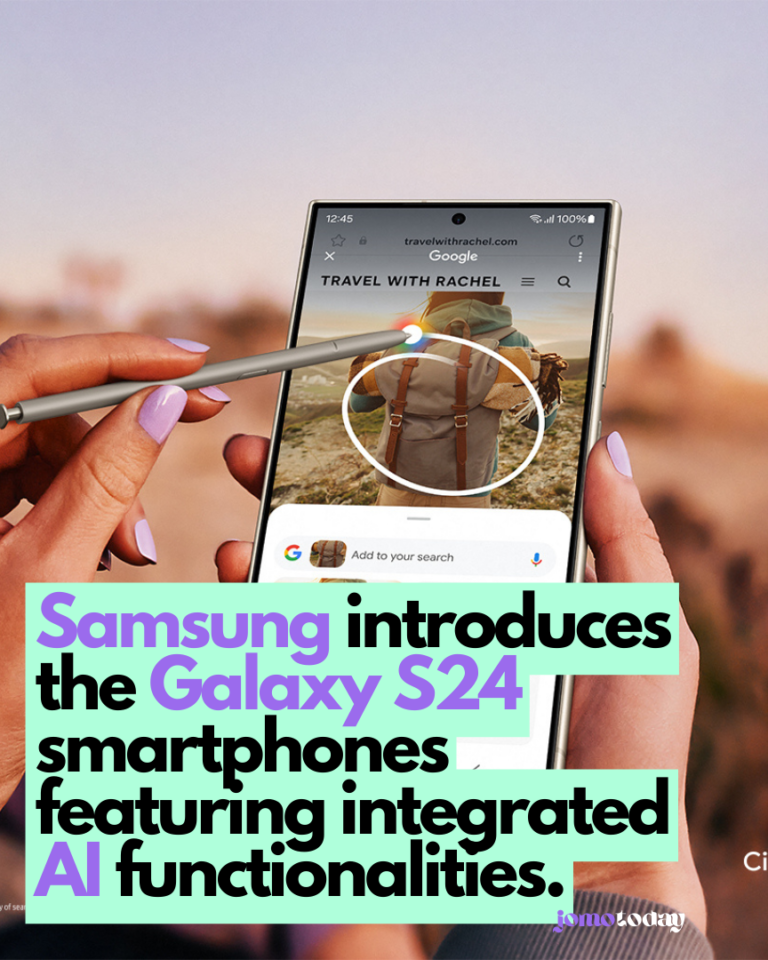On Sunday, the inaugural human recipient underwent implantation of a brain-chip from Neuralink, a startup founded by billionaire Elon Musk, who reported on Monday that the patient is recuperating satisfactorily. Musk’s announcement on the social media platform X highlighted encouraging findings in the detection of neuron spikes. Neurons, as defined by the National Institute of Health, are cells that employ both electrical and chemical signals to transmit information within the brain and throughout the body.

Elon Musk’s Neuralink successfully implants a brain chip into its inaugural human participant.
Last year, the U.S. Food and Drug Administration granted clearance to the company to commence its inaugural trial aimed at testing its implant on humans, marking a crucial milestone in the startup’s efforts to aid patients in overcoming paralysis and various neurological conditions. In September, Neuralink announced approval for recruiting participants for the human trial. The research involves utilizing a robot to surgically position a brain-computer interface (BCI) implant within a specific brain region responsible for controlling movement intentions, as previously stated by Neuralink. The primary objective initially is to empower individuals to manipulate a computer cursor or keyboard solely through their thoughts.
Neuralink has stated that the “ultra-fine” threads of its implants aid in transmitting signals within participants’ brains. Elon Musk mentioned in a separate X post that the initial product from Neuralink would be named Telepathy. The startup’s PRIME Study is a trial designed to assess the safety of its wireless brain-computer interface and surgical robot. Further details were not immediately provided by Neuralink in response to a Reuters inquiry.
Earlier this month, Reuters reported that the company faced scrutiny over its safety protocols and was fined for breaching U.S. Department of Transportation (DOT) regulations regarding the transportation of hazardous materials. Although valued at approximately $5 billion last June, the company came under fire when four lawmakers urged the U.S. Securities and Exchange Commission to investigate whether Musk had provided accurate information to investors regarding the safety of its technology. This came after veterinary records revealed issues with the implants on monkeys, leading to paralysis, seizures, and brain swelling. Musk, in a social media update on September 10, asserted that “no monkey has died as a result of a Neuralink implant,” explaining that the company specifically chose “terminal” monkeys to mitigate risks to healthy ones.
Read More: Microsoft’s stock is poised for a surge in revenue driven by AI technology.






Leave a Comment